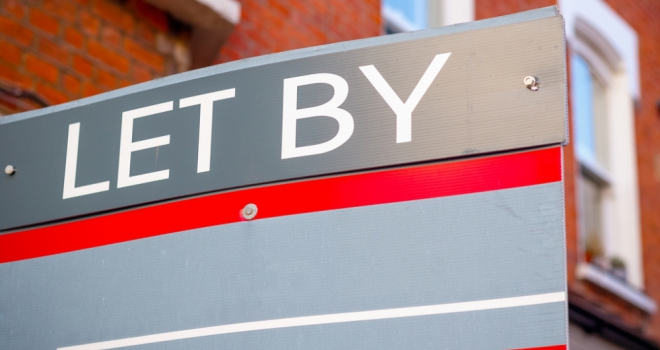
"Good landlords, with good houses will naturally apply for the license and pay the fee. Rogue landlords, with bad houses, won’t"
Despite it claims, we believe the scheme will do little to improve the standard of rental accommodation and only result in an increase in rents for tenants.
Firstly, the sheer cost of the license is going to impact rents. The council have claimed that landlords should absorb the costs of the licence, but nothing could be further from the truth. When operating costs increase, the consumer ends up paying more; this is commonplace and common sense and it is unfair to expect landlords to do otherwise. It’s also easy to forget that this scheme doesn’t affect large HMO properties (they are already licensed in areas of Nottingham), this license is for studios, 1 & 2 beds, and family homes. A lot of these landlords aren’t making the sums of money HMO properties generate, and if they must factor in mortgage repayments as well, the fee isn’t a cost so easily absorbed, so rent goes up.
Additionally, money that could have been put back into the property will instead be used to pay the license. This is the case for a landlord of ours; she had budgeted for a new bathroom in her one bedroom flat, which must now be put on hold because she must pay for a license. The result is there is no improvement to the standard of the property, and she has had to put the rent up to save for a new bathroom that she wants installed asap, because she is committed to providing a good home for her long-term tenants. Even if no improvement works are planned that have to be put on hold, a lot of landlords will still need to put up the rent to cover the cost of the fee. There are no improvements to standards but increases in rent.
Another issue is the lack of accountability that the scheme allows. Good landlords, with good houses will naturally apply for the license and pay the fee. Rogue landlords, with bad houses, won’t. They will go further underground, operating without care for their legislative duties, continuing to provide substandard accommodation to tenants wanting cheap housing, and being facilitated by rogue agents with no interest to tenant wellbeing. Bad landlords could fly under the radar for years without being caught, because, with no previous licencing scheme in place or any kind of landlord register, how will the council know who has and hasn’t applied? The council have publicly asked landlord and agents to help them spread the word of the scheme because they can’t contact landlords themselves. Perhaps this scheme isn’t the best way to bring rouge landlords into the fold.
We want to see an improvement in standards of rented accommodation in Nottingham. A lot of our colleagues rent in the city or surrounding areas, so it is something we are personally invested in as well as caring about tenants’ welfare and wanting to let good accommodation. We believe there are other, more effective ways to improve housing standards, and it comes down to increasing accountability. License the landlords instead of the properties so that every landlord must hold a license with a license number, that should appear on a database, and be written on every tenancy agreement. The fee should be proportionate to how many properties the landlord owns and be renewable every year.
The landlords must follow a general code of practice, meet any requirements proposed by the council (there would be additional ones for any HMO properties of course), and ideally sit a test before being granted the license, to ensure they at least have a basic grasp of tenancy agreements, deposits, and the housing acts. Having a system like this would enable local authorities to more effectively prosecute rouge landlords, who often don’t give full names and addresses on tenancy agreements or have multiple people dealing with the property. Tenants will be able to easily report them, the local authorities can more easily identify them, and their license can be taken away for repeated offences. The local authority should carry out random inspections of rented properties and work with landlords to bring it up to standard if needed.
You would ensure that landlords license themselves by widely publicising that tenants should only rent from licensed landlords, should check their current landlords, and should report landlords who aren’t. It is in the tenant interest to have a licensed landlord, more than it is for the landlord so with the right publicity, it would work. This isn’t a new idea, there are landlord registers in Scotland, Wales, and Northern Ireland, and it is something that landlords and agents in England have repeatedly called for.
Considering alternatives like this, it seems surprising that the council have decided to go for Selective licensing. This choice, together with the sheer cost of the license has left many of us in the industry feeling like this scheme has been rolled out to create council jobs and revenue and is little to do with helping to improve the standards of rented accommodation. This frustration continued when the council, knowing rents will rise, told tenants that landlords should absorb the costs themselves, helping to dissolve themselves of blame for increasing rents.
Selective Licensing is essentially a tax on rented accommodation and while it is unsurprising that the council have chosen taxing the private rental sector as a way to create jobs and revenue, it is a massive shame that this way will, not only will increase rents, but is unlikely to make much of difference on housing standards in the private rental sector.





